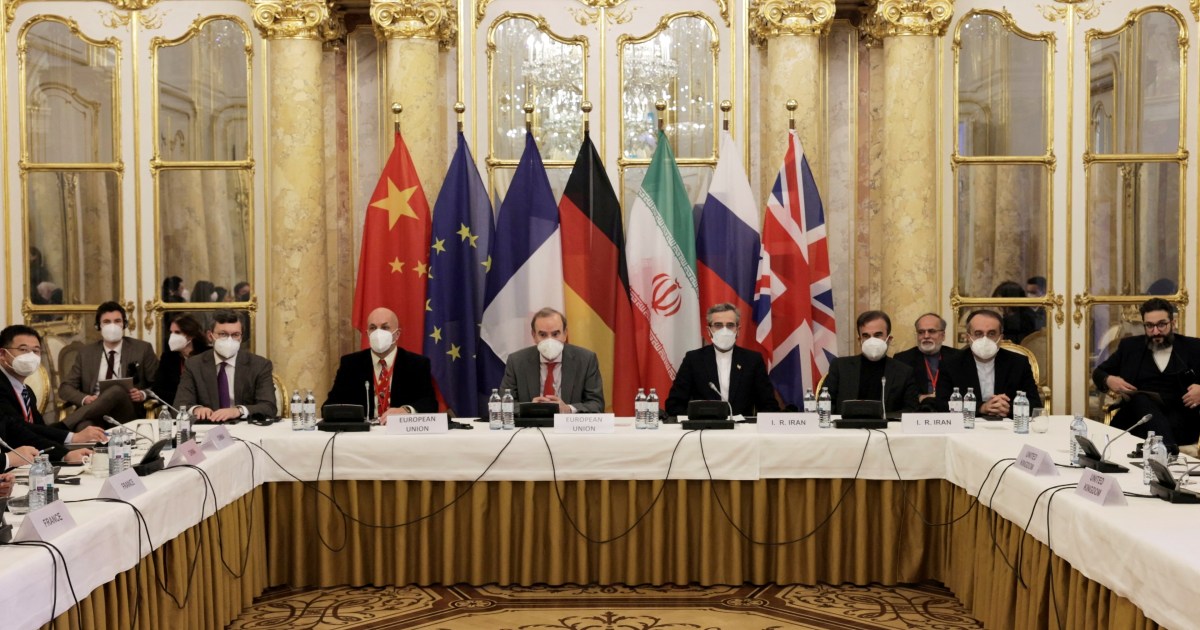US Secretary of State Anthony Blinken said he was not optimistic about the prospect of a deal with Iran over its nuclear program despite efforts, while Tehran said it had handed over documents related to outstanding issues to the International Atomic Energy Agency.
"I'm not very optimistic about the possibility of reaching an agreement with Iran, despite our efforts," Blinken told NBC, referring to efforts to revive the 2015 Iran nuclear deal, from which the United States unilaterally withdrew. In 2018, Iran subsequently abandoned many of its obligations under the agreement.
The US State Department spokesman, Ned Price, said two days ago that his country still believed that there was an opportunity to overcome the remaining differences with Iran in the talks regarding its nuclear program.
In a related context, the American news website Axios quoted a US official as saying that Iran had rejected a US offer to remove the Iranian Revolutionary Guard from the US blacklist, in exchange for a public commitment from Tehran to reduce the escalation in the Middle East.
The site added that the European mediators between the Iranian and American sides have not yet succeeded in settling the dispute over the Revolutionary Guard's classification of the terrorist list.
This issue is among the outstanding issues that prevent the conclusion of an agreement between Tehran and the world powers to revive the Iranian nuclear agreement.
The Israeli position
On the other hand, Israeli Defense Minister Benny Gantz said that Tel Aviv is in a race against time over the Iranian file, noting that Tel Aviv wants a good agreement.
In a briefing to 80 ambassadors to Israel, Gantz added that if there is no good agreement with Iran, the alternative plan must be activated, force should be used, and economic and political pressure should be applied.
On a related issue, the head of the Iranian Atomic Energy Organization, Mohammad Eslami, said that his country handed over documents related to outstanding issues to the International Atomic Energy Agency a few days ago, as Tehran calls for the closure of the agency’s investigation into uranium particles found at 3 undeclared Iranian sites.
Iran and the IAEA agreed last month on a three-month plan aimed at resolving the long-standing issue of uranium particles discovered at ancient but undeclared sites in Iran.
Resolving this issue would remove an obstacle to reviving the 2015 nuclear deal between Tehran and world powers.
delegation in Tehran
The Iranian official said in a press conference that a delegation from the International Atomic Energy Agency will visit Tehran in the coming days within the framework of the agreement signed with the IAEA.
Eslami added that his country intends to complete the project to build the first nuclear power plant by Iranian experts to produce electricity during this year.
He explained that his country will also announce what he called the strategic document for the development of the nuclear industry, which he said will help remove the ambiguity about the nature of his country's nuclear program.
On the other hand, the International Atomic Energy Agency said today, Wednesday, that Iran has transferred all its equipment used to manufacture centrifuge components from the stalled workshop in the Karaj region to the sprawling Natanz site, just six weeks after it established another site in Isfahan to manufacture centrifuges. the same parts.
Iran allowed the inspectors of the International Agency to enter Karaj last December to reinstall the surveillance cameras there, after a months-long standoff over entering the site, after what Tehran said was an Israeli act of sabotage that destroyed one of the cameras and severely damaged another, which prompted Iran to Remove the four cameras.

